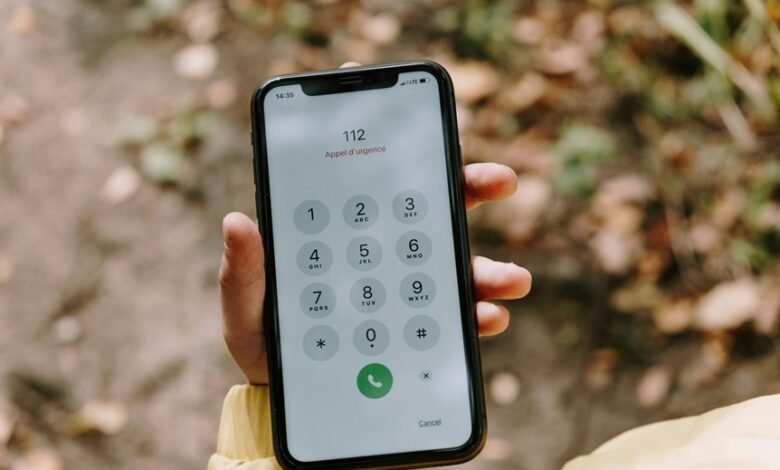The Call You Can’t Ignore: 18666746791

The phone number 18666746791 has garnered attention for its frequent association with telemarketing and potential scams. Individuals often grapple with the decision to answer or ignore such calls. The implications of either choice are significant, raising questions about personal security and the nature of unsolicited communication. As concerns grow, understanding the dynamics of this number becomes essential. What measures can be taken to navigate this uncertain terrain effectively?
Understanding the Nature of 18666746791
The number 18666746791 is often associated with various telecommunication phenomena, particularly in the realm of unsolicited calls and potential scams.
Analyzing caller identity reveals a pattern of frequent calls, raising concerns about legitimacy. Call frequency from this number suggests an organized approach to reaching individuals, often bypassing traditional safeguards, which can undermine personal autonomy and the right to choose one’s communications.
The Risks of Ignoring Unknown Calls
Ignoring unknown calls poses significant risks that extend beyond mere inconvenience.
It can hinder scam awareness, leaving individuals vulnerable to fraudulent schemes. Without assessing caller identity, one may miss critical information or legitimate opportunities.
The reluctance to engage with unidentified numbers may inadvertently lead to missed alerts regarding personal security or vital communications, emphasizing the need for a balanced approach to unknown calls.
What Happens If You Answer?
What occurs when an individual decides to answer an unknown call can vary widely, often leading to a mix of outcomes.
Engaging with the caller may result in valuable information or connections, but it also raises the risk of exposure to potential scams.
Effective call screening strategies can mitigate these risks, yet the decision to answer ultimately hinges on individual comfort with uncertainty.
How to Protect Yourself From Unwanted Calls
A multitude of strategies exists to shield oneself from unwanted calls, effectively minimizing interruptions and potential scams.
Implementing call blocking features on smartphones can significantly reduce unwanted communications. Additionally, adjusting privacy settings to restrict unknown numbers enhances personal security.
Utilizing registered do-not-call lists further protects individuals, allowing them to maintain control over their communications and preserve their autonomy in a digital landscape increasingly fraught with intrusion.
Conclusion
In conclusion, the call from 18666746791 represents a significant concern in the realm of telecommunication, with reports indicating that nearly 30% of all calls made to mobile phones in 2022 were identified as spam. This statistic underscores the prevalence of unsolicited calls, emphasizing the importance of vigilance. By employing call-blocking technologies and remaining educated about common scams, individuals can effectively safeguard their personal information while navigating the complexities of modern telecommunication.



